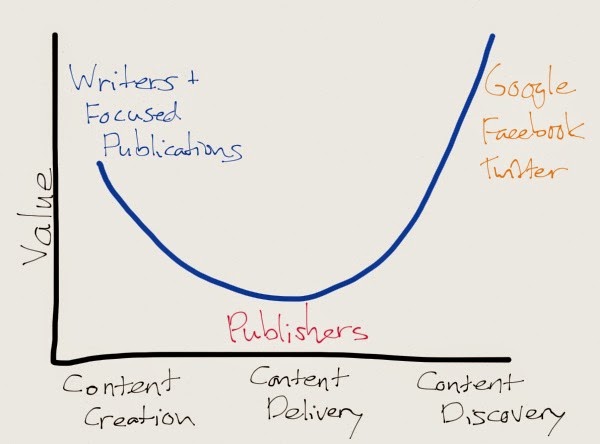Open Sesame
Passwords. The bane of the Internet. We need them; and also hate the need to remember so many of them across sites. One can’t use the same password everywhere because it’s dangerous and also because each site has its own demands on the length/nature of the password. Apple introduced fingerprint scanners on its phones a while back to do away with the nuisance. Of course, no new method has caught on yet, so passwords are not going away anytime soon. Besides, fingerprint scanners are not the solution for company passwords. Imagine what happens if a 9/11 type of attack wipes out everyone at headquarters. In fact, that’s exactly what happened to Cantor Fitzgerald, a large financial firm, says Ian Urbana. So how did the company unlock those accounts? They found that most people’s passwords have the following characteristic, says Urbana : “Many of our passwords are suffused with pathos, mischief, sometimes even poetry. Often they have rich back stories. A motivational mantra, ...
